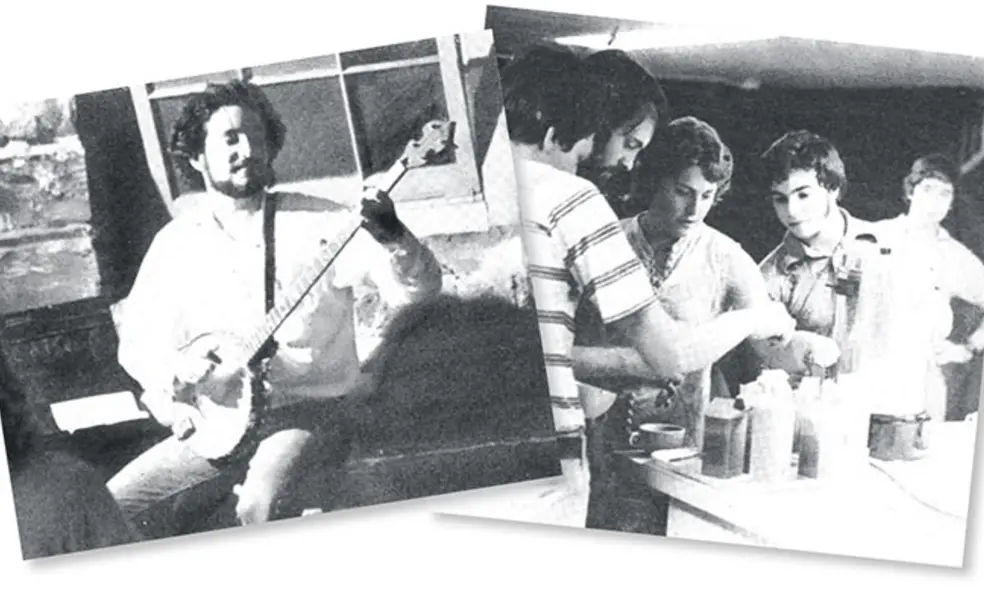Forty years ago this month, the Murray-Dodge Café made its debut. Today, the Office of Religious Life calls it “the kindest place on campus,” echoing the sentiments of one of its prime movers, then-Assistant Dean of the Chapel Richard N. Chrisman ’65, who envisioned it as a place for “humane and civilized interaction.”
But the edible expression of this kindness — freshly baked free cookies — owes a debt, paradoxically, to the severity of local health authorities. An April opening was delayed until September by the absence of approvals, not least the authorization to sell food. As The Daily Princetonian reported, Chrisman and his fellow organizers fretted that health inspectors would look askance at the café’s location, given that basements are “susceptible to flooding, poor ventilation, and contamination.”
By Sept. 8, 1976, when the café opened, a workaround had been developed. No food would be sold, but donations would be suggested — 10 cents for coffee or tea and 5 cents for small pastries. Some 50 students gathered to share this fare to the strains of folk songs performed by Jonathan P. Leavitt ’78, boding well for the success of the venture were it not for the reaction of a local health inspector. Concerned by even the suggestion of pricing, as well as the substantial crowd, he questioned whether Murray-Dodge Café was not, in fact, a commercial operation, raising the specter of prohibitive health-code compliance costs.
Fortunately, after further negotiations, the café was allowed to remain open with the understanding that only a “little box that said ‘donations’” would be permitted on the premises. Relying on others’ generosity arguably was a fitting fate for an ecumenical enterprise that, in Chrisman’s words, required “sympathetic sustenance by everyone.”
TALK BACK: Share your memories of the Murray-Dodge Café
The verdict of the Prince’s editors, writing on Sept. 22, suggested that something special had taken root in the heart of campus — “a relief from the often mindless exuberance of the pub and the cold indifference of many of the local bars.”
John S. Weeren is founding director of Princeton Writes and a former assistant University archivist.












No responses yet